Liver is considered a superfood and for good reason. It’s richer in nutrients and vitamins compared to meat. If you’re a fan, keep reading for an in-depth beef liver vs. chicken liver comparison!

It’s true, the liver is a niche food, definitely not as widely consumed as muscle meat. Luckily, those who enjoy it also get some amazing health benefits.
Liver is classified as organ meat (offal) and it’s used in many cuisines around the world. There’s no shortage of delicious liver recipes to try, but when you want to keep things simple, pan frying it will get the job done!
You’ll find liver from various animals in the grocery store or butcher shop, including chicken, beef, pork, duck, and lamb.
The first two are the most common, so let’s analyze their differences, benefits, and potential risks.
Does Chicken Liver Taste Better Than Beef Liver?
Chicken liver has a light and creamy texture (when cooked just right) and a strong taste although less intense compared to liver sourced from beef, pork, and other large animals.
When cooked correctly, it will melt in your mouth and you’ll enjoy a sweet and nutty flavor. It’s pretty close to the taste of beef liver, but it is more subtle.
Have you ever cooked chicken liver and found it tastes bitter? This can happen if it contained the gallbladder.
The gallbladder is a green-colored sac, and it’s best to remove it whole. The liquid inside, known as bile, is very bitter.
Also, if you notice any part of the liver is green, remove and discard that as well. It’s likely the gallbladder has ruptured and that green discoloration will definitely alter the taste.
Beef liver has a more dense texture and a richer color that darkens when cooked. It’s flavor is more robust when compared to chicken, although just as pleasant!
Chicken should always be cooked well done. For beef liver, the ideal doneness is when there is just a touch of pink left in the center.
Both types of liver become more tender if soaked in milk for 1-2 hours before cooking. You should also remove any visible connective tissue.
Which Liver Is The Healthiest?
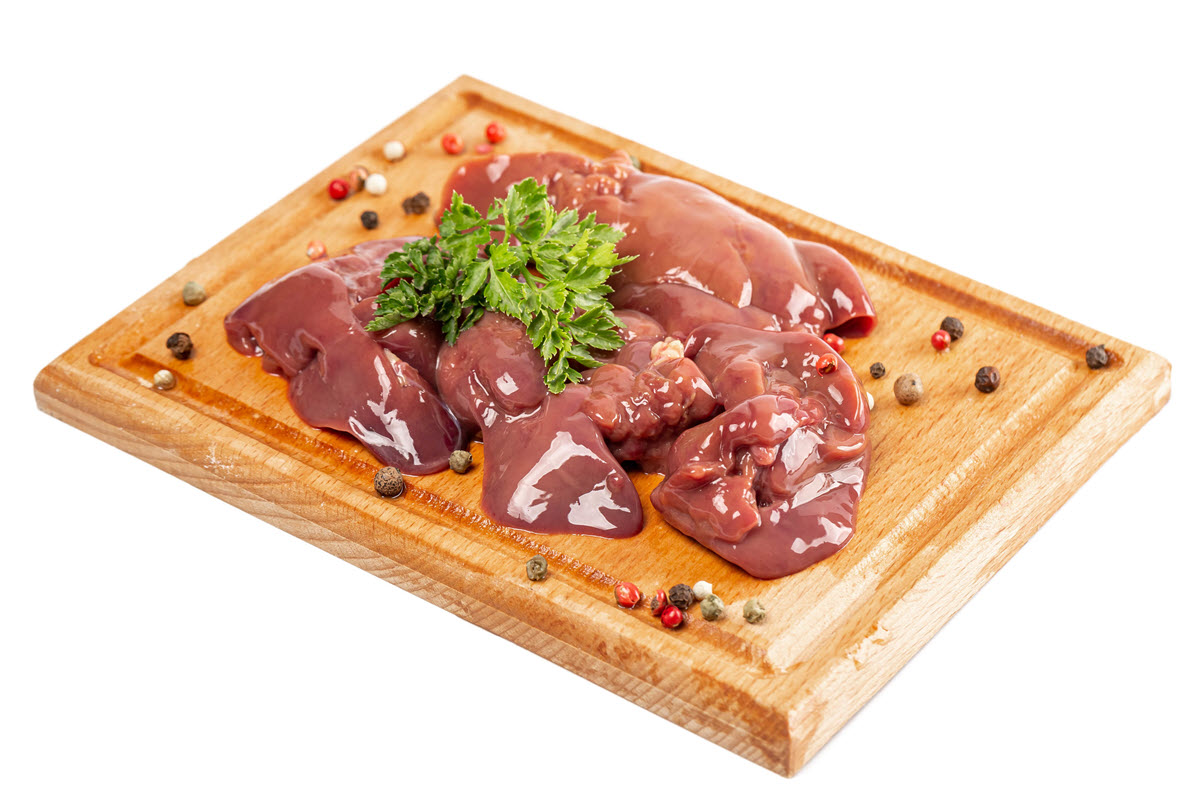
The nutritional profiles of beef and chicken liver are not the same. However, there’s no need to shy away from eating one or the other.
You can enjoy both in moderation and reap important health benefits.
Organ meat is richer in nutrients compared to muscle meat, so it’s totally worth consuming it, at least occasionally.
With that said, let’s see how beef and chicken liver nutrition stats fare against each other.
Nutrition
Chicken liver is very low in carbs, which makes it ideal if you’re on a low-carb diet such as keto.
It also contains slightly more fat and less protein than beef liver, although these differences are not substantial.
| Macro | Chicken Liver (Cooked) | Beef Liver (Cooked) |
|---|---|---|
| Calories | 167 | 135 |
| Carbohydrate | 0.9g | 5.1g |
| Fat | 6.5g | 5.3g |
| Protein | 24.5g | 29.1g |
If you’re regularly consuming beef and/or chicken liver, you probably won’t need to take any Vitamin A or copper supplements, but always check with your medical professional before altering anything.
This is true especially for beef liver since 100 grams of cooked liver yield 634% RDV (Recommended Daily Value) of vitamin A, and 714% RDV of copper.
| Nutrient | Chicken Liver (Cooked) | Beef Liver (Cooked) |
|---|---|---|
| Vitamin A | 13,328IU | 31,718IU |
| Vitamin C | 27.9mg | 1.9mg |
| Vitamin B1 (Thiamin) | 0.3mg | 0.2mg |
| Vitamin B2 (Riboflavin) | 2mg | 3.4mg |
| Vitamin E | 0.8mg | 0.5mg |
| Vitamin B3 (Niacin) | 11mg | 17.5mg |
| Vitamin B6 | 0.8mg | 1mg |
| Calcium | 11mg | 6mg |
| Iron | 11.6mg | 6.5mg |
| Magnesium | 25mg | 21mg |
| Phosphorus | 405mg | 497mg |
| Potassium | 263mg | 352mg |
| Zinc | 4mg | 5.3mg |
| Copper | 0.5mg | 14.3mg |
| Manganese | 0.4mg | 0.4mg |
| Selenium | 82.4mcg | 36.1mcg |
With some exceptions, specifically vitamin C, calcium, iron, and selenium, beef liver has a richer nutritional profile compared to chicken liver.
It’s very difficult to reach the recommended daily iron intake from diet alone, so if you need to supplement iron in your diet, eating chicken liver regularly can help, but check with your medical professional before making any adjustments.
Keep in mind the actual nutrition you get from beef or chicken liver largely depends on how the animals are raised.
Obviously, the healthier the animal, the better the liver you will get.
You’ll get the best quality liver from grass-fed pasture raised cows, and pasture-raised chickens. Both meat and organs will be more nutrient-dense and tastier too!
Health Benefits Of Eating Liver

Liver is one of the best natural vitamin and mineral supplements out there. It has an excellent vitamin B complex which help with essential functions, and cellular development.
Vitamin A is needed for the proper functioning of the heart and kidneys, but also for vision, reproduction, and immune function.
Beef liver takes the spotlight for this one, although chicken liver is also an excellent source of vitamin A.
The iron in liver is heme iron, the kind that’s most easily absorbed by the body. This is an essential mineral needed for everyday function. It helps cells convert food into usable energy, helps maintain a healthy immune system, and our bodies use it to produce red blood cells.
Chicken liver is a surprising source of vitamin C, as muscle meat doesn’t contain it in substantial amounts.
There’s no need to rely on chicken liver as a primary source, since many fruits and vegetables contain it, although it’s a nice bonus!
Beef liver is incredibly rich in copper which helps regulate energy production, brain function, and iron metabolism.
On top of everything, beef and chicken liver offer high-quality protein. Aim for a high-protein diet for easier weight management, and protection against muscle loss.
As nutrient-dense as liver is, it contains a lower amount of calories compared to many non-organ meats.
Eating superfoods such as liver can contribute to a healthy diet and you won’t miss out on essential nutrients even on a low-calorie meal plan. I do think that everything should be in moderation, and we typically have liver once a month or so.
Potential Risks Of Eating Liver
One of the most common concerns people have about the liver is the toxicity of this organ.
Liver is used to filter out toxins, so it’s a common belief that liver contains high amounts of these unwanted substances. Luckily, this is not true.
The liver does not store toxins, at least not more than the rest of the animal’s body. As long as the animal is raised properly and receives quality food, you should have no concern about consuming the liver.
How Often Should You Eat Liver?

It’s a good idea to consume both chicken and beef liver in moderation.
Health-wise, eating chicken or beef liver once a week is more than enough to reap all the benefits they offer.
If you’re looking for a quick and healthy meal give our bacon-wrapped grilled chicken livers a try! It’s a crowd pleaser!
Another effortless recipe using chicken liver that’s great as a snack or appetizer is the grilled rumaki. The combination of bacon, water chestnuts, chicken liver, and Teriyaki sauce is so yummy.
Final Words
Consumed in moderation, liver is an incredibly nutrient-dense food that offers many health benefits.
As long as you like the taste, there’s no reason to shy away from chicken or beef liver. We family eat it occasionally, and I especially appreciate the fast meals you can make with chicken liver.
Some of our favorite recipes using chicken liver are the 10-minute Air Fryer chicken livers, and grilled chicken livers wrapped in bacon.
They are easy enough for a beginner home chef and so delicious everyone will ask for seconds!
Other Comparison Posts

Jason’s been firing up the grill for over 30 years after graduating from the US Coast Guard Academy. His love of finely-grilled steak and chicken led him to buy his first Weber grill to put on his apartment patio in 1992. Each military move led to a new grill (a mixture of gas and charcoal) until he fell in love with the Big Green Egg in 2008. Since then, he has added another 4 grills to the collection. Yes, he has a problem. Jason loves smoking in the ceramic BGE with exotic woods including olive wood from Egypt and hard to find varieties such as sassafras and orange wood. Jason takes the term “foodie” to a whole new level, jumping at the chance to take food tours and cooking classes during foreign travels. These have provided inspiration to incorporate new ideas into recipes when he gets back home. He has been featured in Fox News, Parade, Yahoo News, Kansas City Living and more. After retiring from the military and moving to southwest Florida, he has focused grilling and smoking locally sourced meats and fish (read: he likes to catch his own fish!)
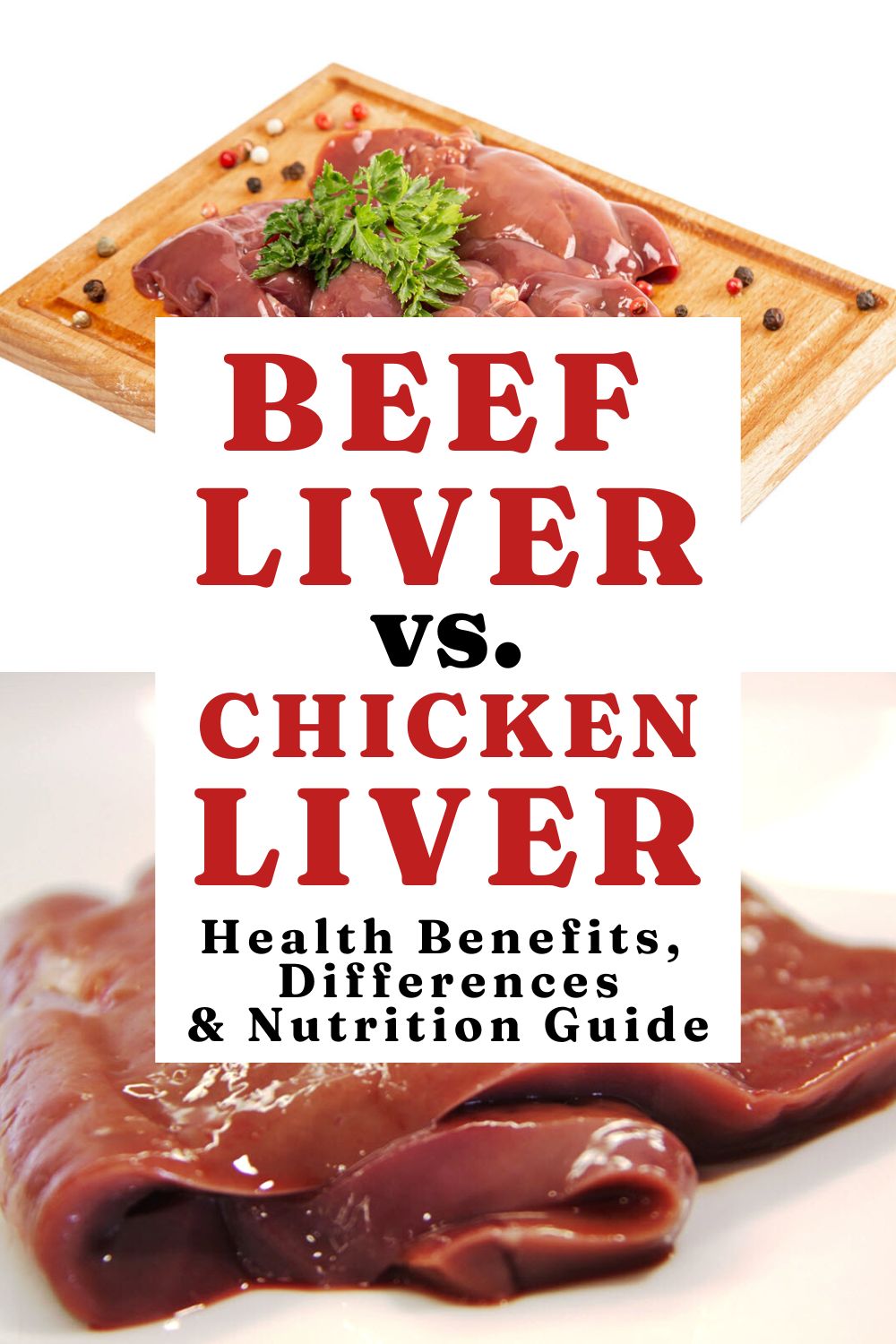
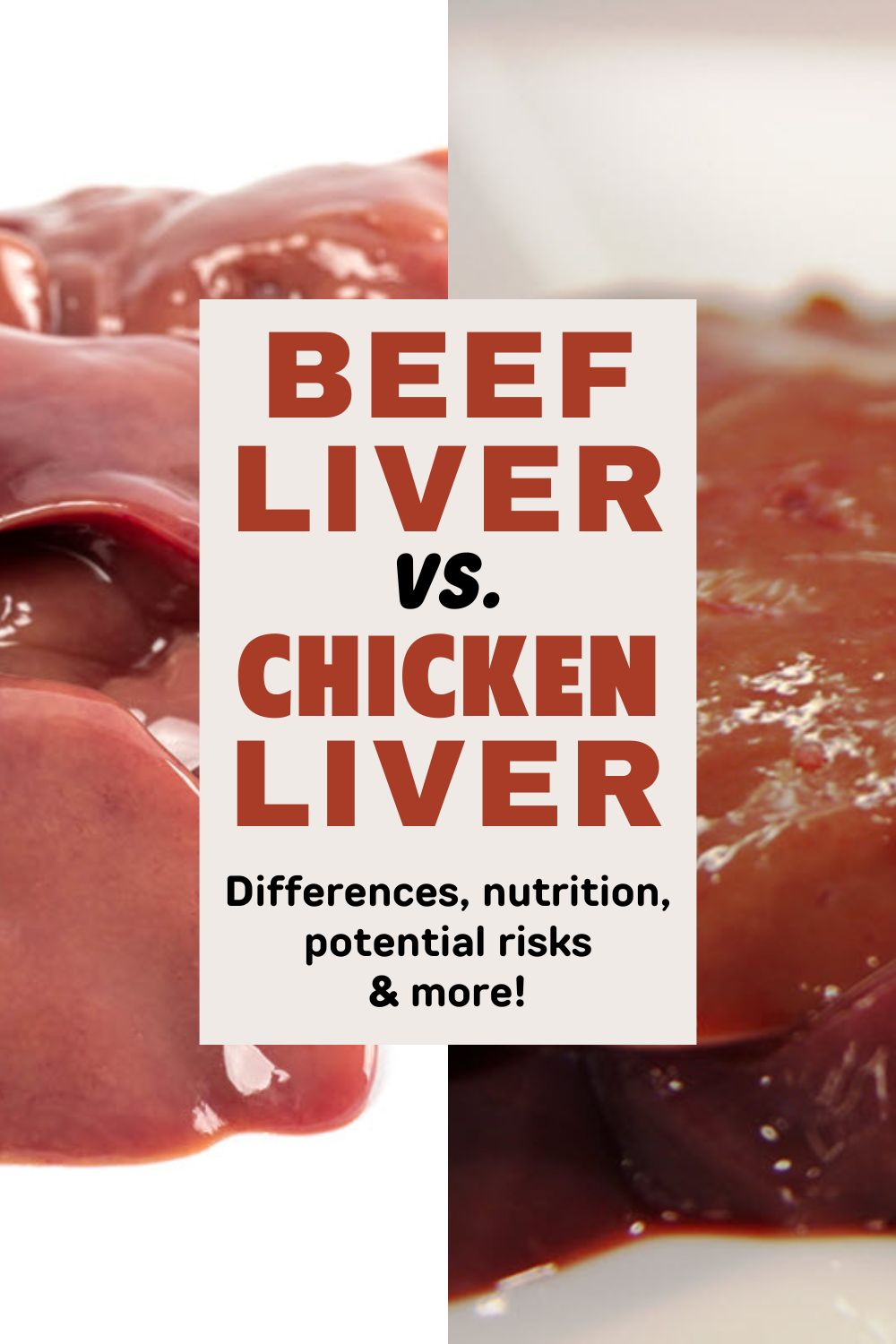


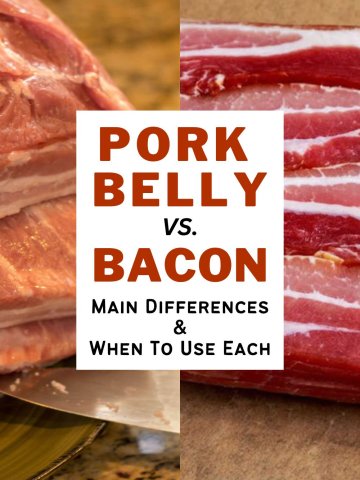
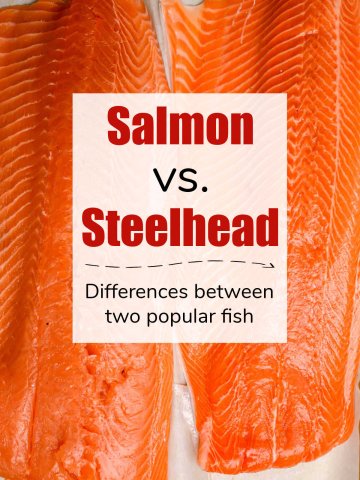

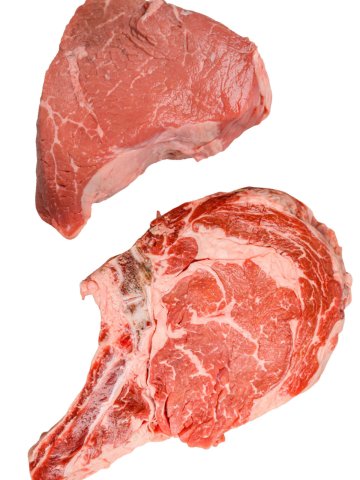
Judy says
IF you soak calves and beef liver in milk for at least 1hr (even overnight) you will not taste any of the sharp taste it can have. Try it you will enjoy it this way!